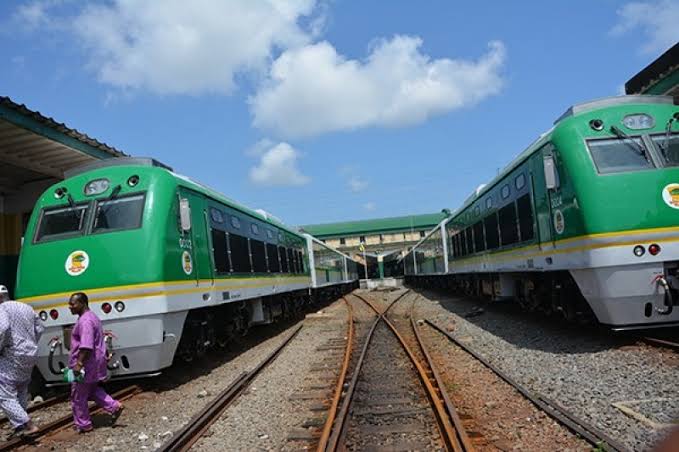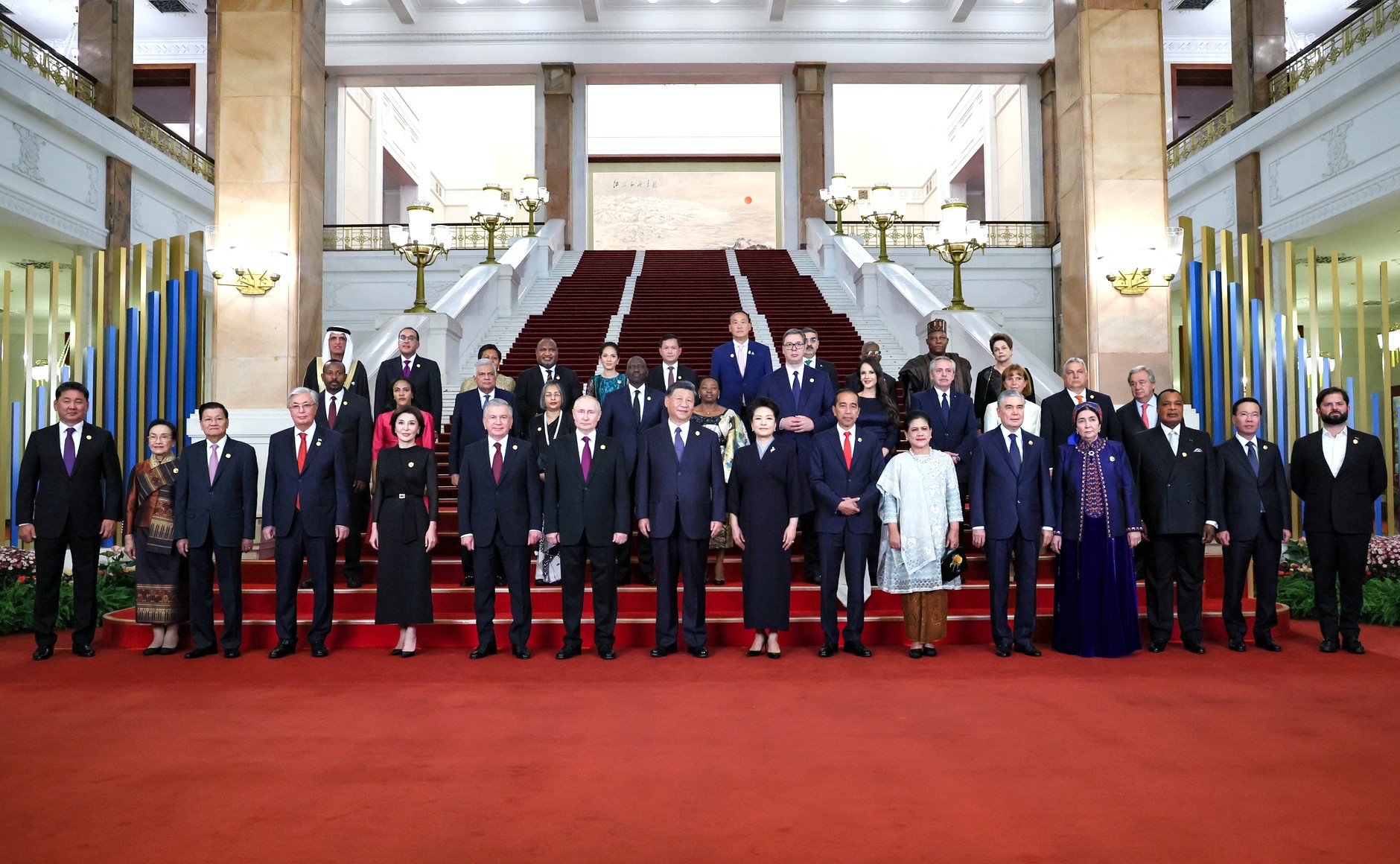The China Rail and Bridge Company [CRBC] and the Enugu State government have inked an MOU to build a world-class rail system.
That cooperation aims to make the state a regional transportation center and boost economic growth.
According to the Enugu State Ministry of Transport, digitising processes and integrating cutting-edge e-payment systems are the foundations of its commitment to modernisation.
In an interview, the Commissioner for Transport, Obi Ozor, told this reporter that the new rail project’s vision goes beyond the state capital.
A comprehensive and integrated rail network will service urban areas, including Nsukka, and extend to neighboring states and African countries, according to the Enugu State Government. A comprehensive and integrated transportation system linking state regions and neighboring states is the goal.
The Commissioner didn’t say how much this significant project will cost the state because the state is still doing a thorough economic study, but he did say that projects of this size usually have significant costs that can reach billions of naira.
Read also: Enugu State appoints Kobo360 CEO as commissioner for transportation
World-class Enugu rail project
The state capital is lined with Nigerian Railway Corporation iron rails; therefore, this rail project would not be the first. Age and vandalism have degraded the 1918 rails that connected Enugu, a coal centre, to Port Harcourt, a port city.
Dr. Onyedikachi S. Onovo, Nigerian Railway Corporation Eastern District Public Relations Officer, told reporters that the old train tracks are being demolished. The Chinese Civil Engineering Construction Company was replacing the country’s antiquated train system, he claimed. He added that concrete sleepers are used to lay new tracks.
“Starting in Port-Harcourt, the old tracks have been taken apart up to Enugu, and work is still going on towards Maiduguri.” Train operations should restart soon, he said.
Peter Mbah’s Enugu State government appears determined to introduce a contemporary train transportation system that uses technology and creativity to improve passenger convenience and efficiency. This reporter was told by the Commissioner for Transport that the new system has an electronic booking system, smart cards, contactless payment, revenue assurance through e-payment, etc.
Although this seems like a big project, there are several apparent obstacles. Vandalism, as mentioned, makes it difficult. Security is the more significant issue, making the country a kidnapper’s sanctuary. The abduction of 63 Abuja-Kaduna railway passengers is still vivid in my mind.
His administration has deemed this a real problem, according to the commissioner.
GPS trackers, surveillance cameras, security officers, emergency response teams, and sophisticated communication systems will be installed in the train project to address safety issues and protect passengers.
He stated security will improve and manage new issues as the project progresses.
The Commissioner is optimistic that the train project will produce thousands of employees despite issues. Engineering, construction, railroading, helping customers and selling tickets, making things, managing the supply chain, being an IT consultant, selling goods and food, responding to emergencies, ensuring safety, managing projects, being an environmental and sustainability expert, hospitality, and more.
In verdict
Modern rail transit distinguishes significant cities worldwide. Lagos, for example, has completed a modern rail system connecting its many parts.
However, it’s not easy to build these kinds of train systems. The story of the abandoned Port Harcourt monorail is a constant reminder of this. The state of Enugu is joining the fight, and like everyone else, it seems to be full of hope.
Putting rails across flatlands is one thing, but putting them over the mountains that make up the state’s landscape is…well, let’s say the government has its work cut out for them. But it is still not scary.
In the end, Obi Ozor said, “We are committed to delivering a world-class transportation system that will benefit our citizens and promote regional integration.”

